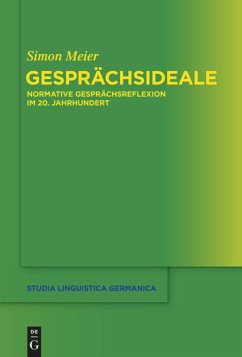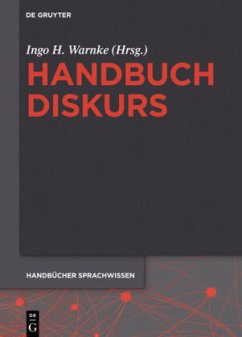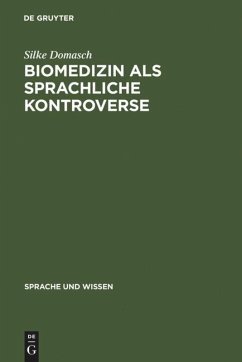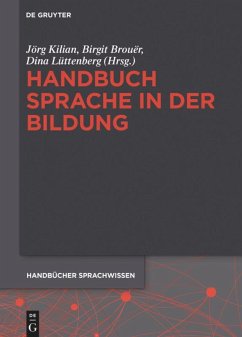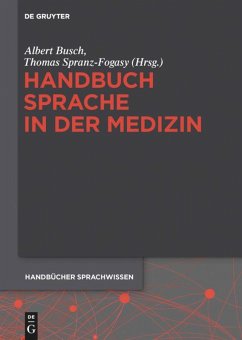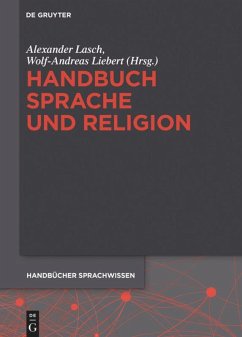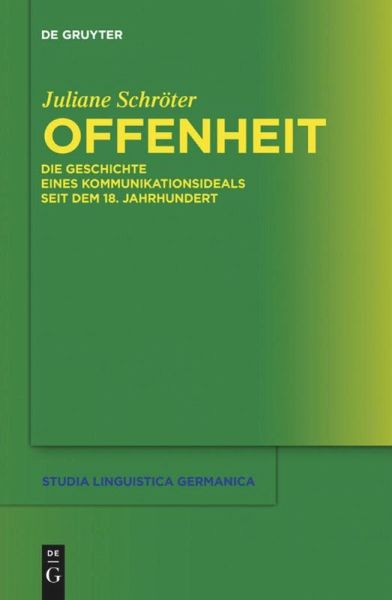
Offenheit
Die Geschichte eines Kommunikationsideals seit dem 18. Jahrhundert

PAYBACK Punkte
0 °P sammeln!
In recent decades there has been increased interest and fascination in the concept of openness as a kind of communication. Openness is in fact a communicative ideal of the modern age because this ideal has existed without interruption since the Enlightenment. Another reason is that the idealization of openness is closely interwoven with central social and intellectual developments that were intensified in the modern age. Based on a wide spectrum of sources concerning communication, Juliane Schröter examines the history of this ideal from the 18th century to the present.
Von ,Offenheit' als einer Art der Kommunikation ist in den vergangenen Jahrzehnten eine große Faszination ausgegangen. Tatsächlich ist Offenheit in doppeltem Sinne ein Kommunikationsideal der Moderne: zum einen, da sie seit der Aufklärung kontinuierlich als ein solches existiert, zum anderen, weil ihre Idealisierung aufs Engste mit zentralen neuzeitlichen, in der Moderne forcierten sozialen und mentalen Entwicklungen verwoben ist. Im Rahmen eines Verständnisses von Sprachgeschichte als Kommunikations- und Mentalitätsgeschichte verfolgt Juliane Schröter die Geschichte dieses Ideals vom 18. Jahrhundert bis in die Gegenwart. Ihren wort-, begriffs- und diskursgeschichtlichen Analysen liegt ein breites Spektrum kommunikationsreflexiver Quellen aus dem deutschen Sprachraum zugrunde. Sie zeigen, wie die Konstanz des Offenheitsideals von einem umfassenden Wandel seines Kontextes flankiert wird.





